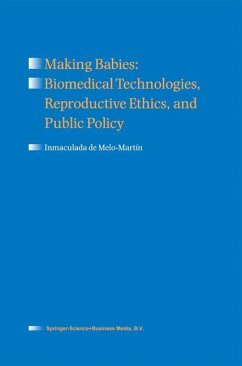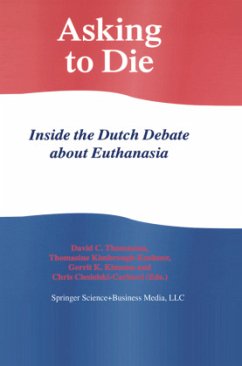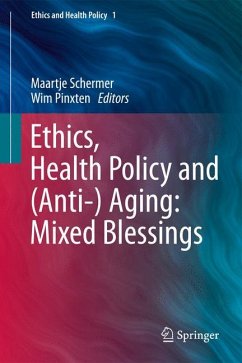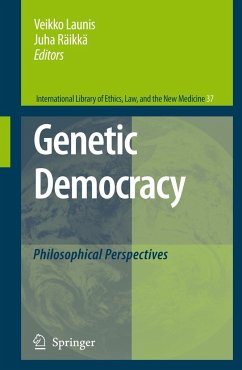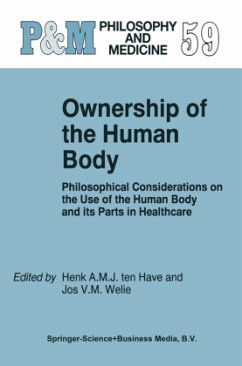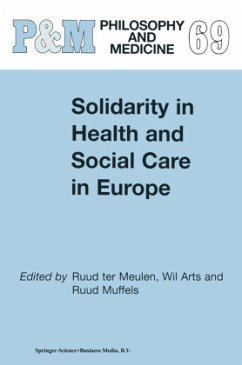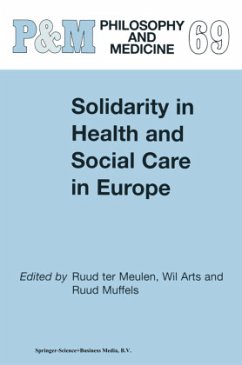
Making Babies: Biomedical Technologies, Reproductive Ethics, and Public Policy

PAYBACK Punkte
57 °P sammeln!
Each year, roughly a million new cases of cancer appear in the US, and more than 500,000 Americans die annually of premature death. Although medical progress has slowed cancer mortality, its incidence is increasing roughly six times faster than cancer mortality is decreasing. Breast cancer, in particular, has been increasing about one percent each year since 1973. At least two of the factors responsible for this surge in breast cancer are women's use of medically-prescribed synthetic hormones and the exposure of the entire population to chemicals such as dioxin. Both exposures increase the lik...
Each year, roughly a million new cases of cancer appear in the US, and more than 500,000 Americans die annually of premature death. Although medical progress has slowed cancer mortality, its incidence is increasing roughly six times faster than cancer mortality is decreasing. Breast cancer, in particular, has been increasing about one percent each year since 1973. At least two of the factors responsible for this surge in breast cancer are women's use of medically-prescribed synthetic hormones and the exposure of the entire population to chemicals such as dioxin. Both exposures increase the likelihood of breast cancer. Although many ethicists worry about involuntary societal imposition of chemicals such as dioxin, through industrial and agricultural processes, allegedly voluntary exposures also constitute both, a public-health problem and a biomedical-ethics difficulty. Physicians recommend synthetic hormones, for example, to women who apparently take them voluntarily. In the caseof in vitro fertilization, doctors prescribe hormones to induce egg production and to increase the chances of reproduction for couples who are unable to have children. Despite the benefits of medical technologies such as hormone stimulation and in vitro fertilization, they also carry great risks. The price that childless women pay, for their opportunity to have children through in vitro fertilization, may be their own increased risk of diseases - such as breast cancer - that are hormone dependent.





